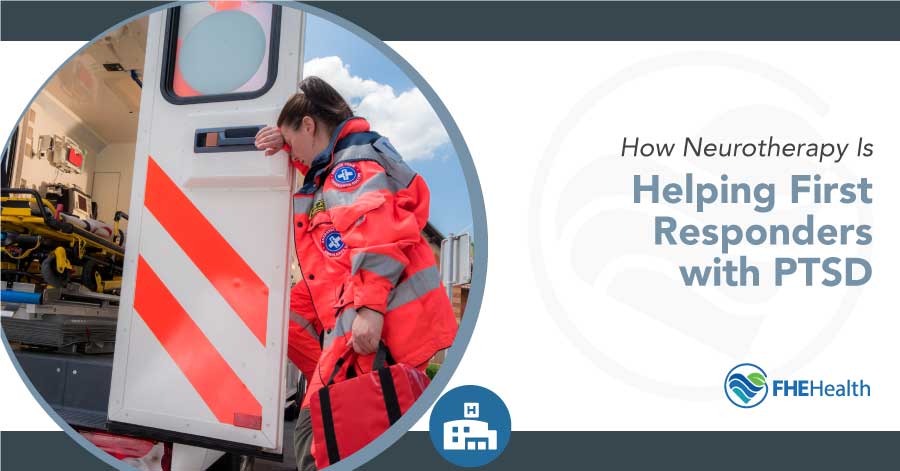
First responders include police officers, firefighters, EMTs, paramedics, dispatchers and others who assume the role of being on the front line of emergency situations. Unless an individual is in a crisis, it’s easy to take these services for granted. Little thought is given to how working through these high-stress and heartbreaking situations affects those on the job.
For the average person, dangerous situations such as car accidents, serious injuries and house fires are rare occurrences. For first responders, these worst-case scenarios are everyday realities that must be faced on a regular basis.
Unfortunately, these emergency situations take a toll on first responders. According to a 2018 supplemental research bulletin from the Substance Abuse and Mental Health Services Administration’s Disaster Technical Assistance Center, about three in 10 first responders live with depression and post-traumatic stress disorder (PTSD). This is compared to two out of 10 members of the general population.
What Happens When PTSD and Depression Go Untreated?
To combat these mental health conditions, many first responders turn to substance use. Within 30 days prior to being surveyed, 50% of male firefighters reported at least one episode of binge or heavy drinking. Of female firefighters, who make up just 5% of the total number of firefighters, 83% had tried smoking and 22% were currently smoking. This is compared to 18% of women in the general population. Nearly 90% reported drinking alcohol in the past month, 61% reported heavy drinking and 40% reported binge drinking.
Suicide is also more common among first responders. In a small 2015 study of 1,027 firefighters, 47% of them had thought about suicide, nearly 20% had suicide plans and 16% had attempted suicide. Among police officers, about one in four have considered suicide. By contrast, of the general population, 14% of people have suicidal thoughts, 4% have a suicide plan and 5% have attempted suicide. And because of the stigma associated with substance abuse, some first responders may be slow to report an issue.
Working as a first responder requires a great deal of strength. For many, the strength that allows them to tackle everyone else’s worst-case scenario can also be a significant roadblock to getting much-needed mental health treatment. Some worry about how seeking mental health care may impact their job security, afraid that admitting to struggles with depression, anxiety and PTSD may affect how their colleagues and supervisors interact with them. They may also worry that job opportunities may be limited as a result of seeking treatment.
The good news is that neurotherapy provides a technologically advanced, research-based way to retrain the brain. This remarkable counseling tool empowers clients to take control of how their brains respond to potentially traumatic events. It helps the central nervous system achieve calm and learn a more regulated, efficient way to function and solve problems.






